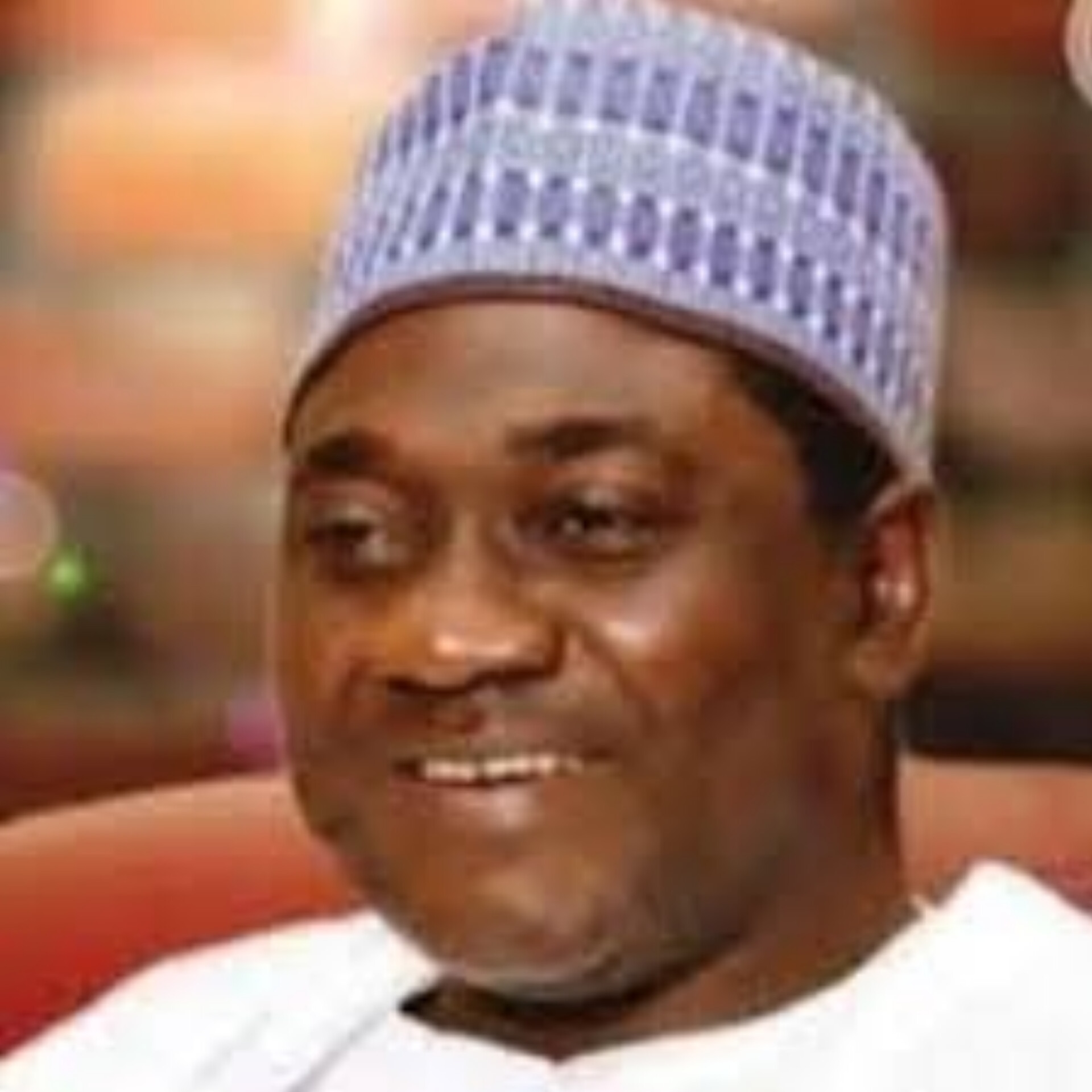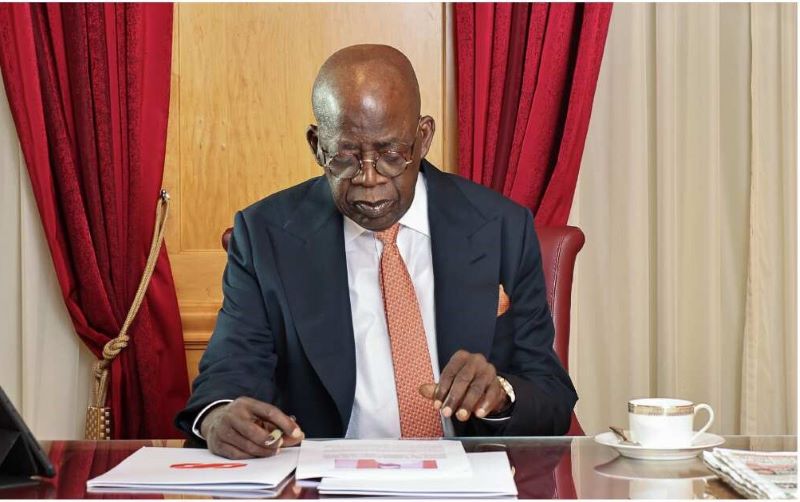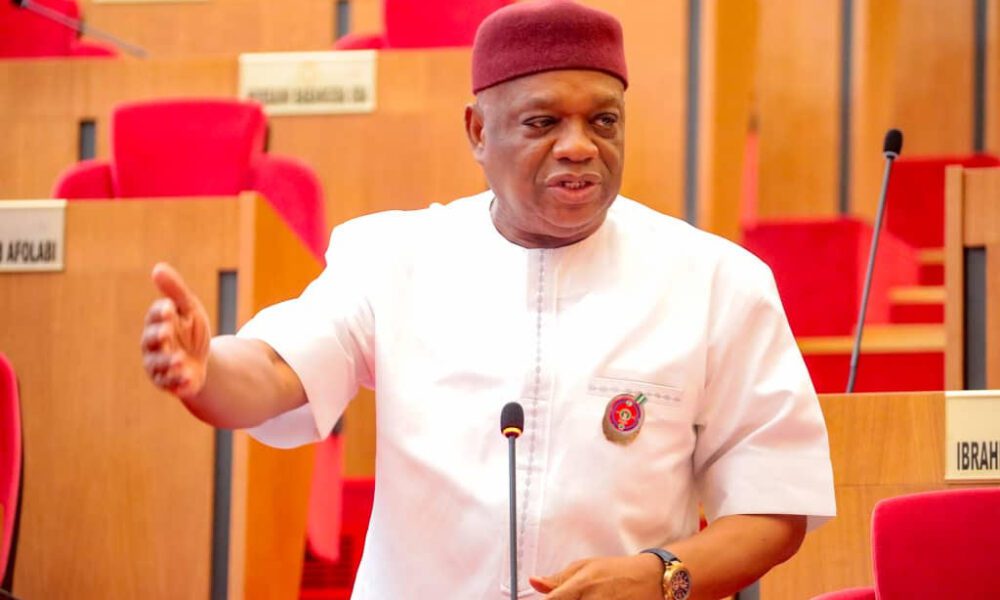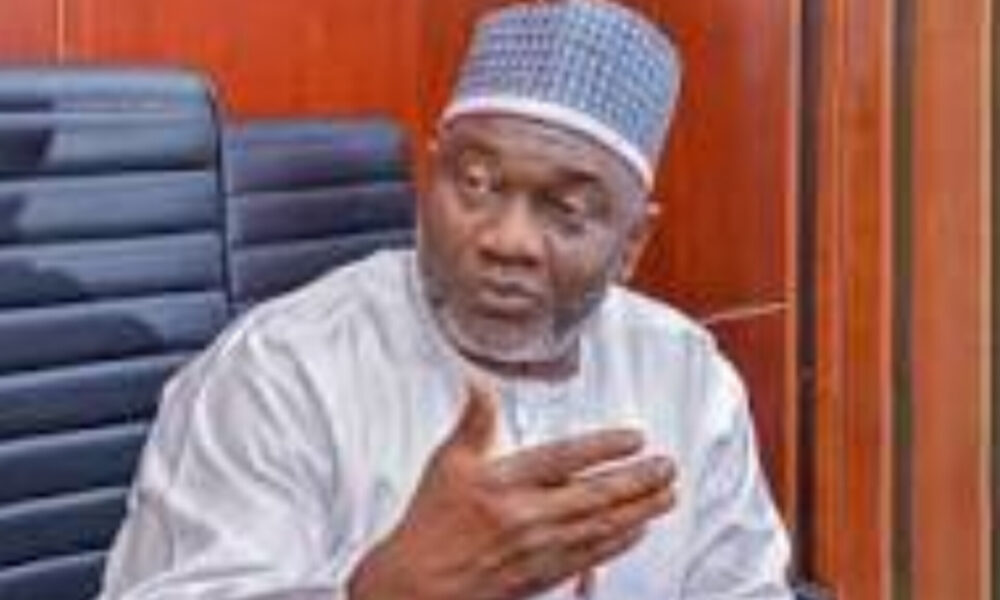The Senate on Tuesaday name senator Isah Jibrin Echcho to chair an adhoc committees it raised to investigate all the contracts awarded for the rehabilitation of all state-owned refineries said to have gulped N11.35 trillion in 13 years.
The red chamber also mandated the panel to interrogate the Ministry of Petroleum Resources, the Nigerian Upstream Petroleum Regulatory Commission (NUPRC), Nigerian National Petroleum Corporation Limited NNPCL and Bureau of Public Enterprises (BPE) on the best approach to commercialise state-owned refineries.
The Deputy Senate President, Barau Jibrin (APC, Kano) who presided over the plenary, constituted the committee.

Other members of the committee included the chairmen of the committees on Petroleum Resources (Downstream, Upstream and Gas), Finance, Appropriation, and Public Accounts.
The committee was mandated to submit the report within four weeks.
The resolutions followed a motion by Senator Sunday Karimi (APC, Kogi) during Tuesday’s plenary.
Nigeria’s four refineries in Kaduna, Warri and Port Harcourt had become moribund for years despite the series of repairs executed under various Turn Around Maintenance (TAM) contracts that had gulped huge amounts.
Karimi, in his motion, expressed concern that the state-owned refineries in Nigeria have been a serious drain pipe of public finance, depriving the citizens of the joy of being an oil producing nation.
He said between 2010 to date, Nigeria is estimated to have spent N11.35 trillion, excluding other cost in other currencies which include $592, 976, 050.00 dollar, 4, 877, 068.47 Euros and 3, 455, 656.93 Pounds, on renovation of refineries, yet they are unproductive.
He said despite the moribund state of the four refineries, their operating costs between 2010 and 2020 is estimated at N4.8 trillion.
The refineries are estimated to make cumulative loss of N1.64 Trillion, within 4years, he added.
He expressed worry that if a thorough investigation of the past and current rehabilitation projects is not undertaken by the Senate, the circle of awarding unproductive turn around maintenance contracts may not abate, thereby retaining the status quo where rehabilitation contracts have become conduit pipes for siphoning pubic funds.
Senators, in their various contributions, said the country could not continue to spend money on an unproductive venture and urged the relevant authorities to ensure that those responsible for the state of the refineries are sanctioned.
Adams Oshiomhole (APC, Edo), said Senate must ensure proper oversight functions to make sure that Nigerians enjoy value for their tax.
“The amount so far spent on the refineries can build brand new ones. Senators must take the issues with all seriousness it deserves,” he said.
Aliyu Wadada (SDP, Nasarawa) said the high level of corruption while Adamu Aliero (PDP, Kebbi) alleged that economic saboteurs deliberately frustrated government’s effort to make the refineries to work so they continue to benefit from fuel importation.
Idiat Adebule (SPC, Lagos) wondered why the nation keeps putting money in rehabilitation of refineries annually when they remained non-functional.
The Deputy Senate President said had the refineries working, the country would not be experiencing thr current economic hardship.
“So, it is therefore very important that a thorough investigation should be done to make sure that everything that we need to know is brought open to us.
“Who are those who are sabotaging the efforts of government? Anybody who has a hand, sabotaging the efforts of the government to bring these refineries into operation and those who have taken money that is meant to turn around these refineries must be brought to book. We must know them and decisive actions must be taken,” he said.




